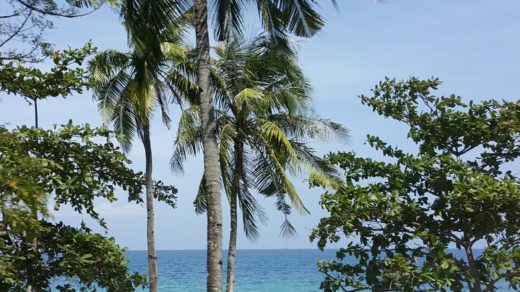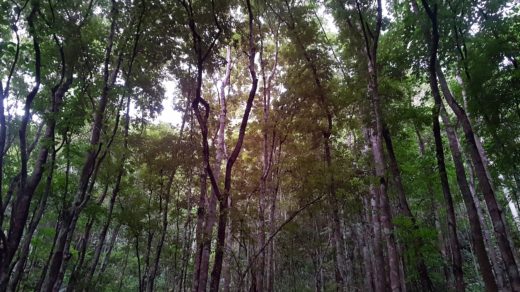Information is a beacon, a cudgel, an olive branch, a deterrent–all depending on who wields it and how.
Steven D. Levitt, Freakonomics: A Rogue Economist Explores the Hidden Side of Everything
Nowadays when a great percentage of our populace has mobile phones with access to the internet, a lot of people are still figuring out how to effectively use this gateway to obtain and utilize information of varied types and levels which are virtually in our grasp. The problems we are facing are multi pronged and although I have no doubt that ICT4D does compose a big chunk of the solution, it needs other factors to fall into place before we are able to maximize it to its fullest potential.
Among the required readings for Topic 1, Constructing Theories of Change for Information Society Impact Research by Sir Alexander Flor[1] struck me most – specifically the Theories of Change. It is the most relevant and it definitely addresses the gap of The Hague discussion. In part 3.3, the pathway to change in the agriculture sector was discussed and it reminded me about an issue which was unearthed roughly 2 years ago by the then newly appointed DA secretary. Apparently the DA office has been using an extremely outdated 40 year old soil profiling data[2]. How can we possibly implement a CDSS (Crop Decision Support System) if the master data is questionable? It is disheartening.
Last July of this year, the DA launched the Farmer’s Atlas[3] which aims to provide the farmers all the pertinent data for planting crops in their farm. The site also contains information like where to drill for water, nutrients that are present in the soil in a specific region and possible farming hazards that the farmer may need to overcome. This is a big step towards the implementation of a functional CDSS.
However for MIS (Management Information Systems), the problem is much deeper. There are a couple of hindrances and one that hits the hardest where it matters are the middlemen. They are the ones who buy the produce in bulk from farmers for dirt cheap prices and then later on put exorbitant price tags when the items hit the supermarkets and restaurants. I’ve worked for awhile in a logistics company and have seen how these opportunists bleed the farmers dry. The surging prices in Metro Manila as of late is a testament to how some vicious middlemen will take advantage of a perceived shortage. But that topic is for another blog so I wouldn’t dwell on it too much. All I’m trying to say is although we have made a couple of leaps, it’s too early to rejoice. We have these elaborate plans and even the manpower with the proper skillsets to execute an e-Agriculture program but unless our policymakers actually do their jobs and stop all the irrelevant media grandstanding, we could safely say eradication of hunger won’t be happening any soon in our lifetime.
A rogue economist I’ve recently been reading said in one of his books, “When people don’t pay the true cost of something, they tend to consume it inefficiently.”[4] This, I think is the main problem we have with all the information we have at our fingertips. Only a few people knew precisely how to use it to their benefit. Ideally, the gap in information asymmetry should have been long gone or at the very least, lessened. But the gaping void remains and it doesn’t seem to be going anywhere.
Reading through our class materials made me start questioning again how I can contribute my skills in nation building. However I don’t want to be lost in my own idealism that I would risk losing sight of what is real and factual. There is so much work ahead of us and we are only beginning to move forward. I may sound pessimistic but the truth is I’m still very much hopeful. There is no better time to roll up our sleeves and start toiling towards our goal other than today. I long to see the moment when majority can access information and will be able to wield the knowledge they obtained for the betterment of future generations.
After all, the universe has a way of figuring things out on its own. We simply have to trust the process and more than anything else, believe.
References:
[1] Impact of Information Society Research in the Global South (Arul Chib, Roxanna Barrantes and Julian May, Editors)
[2] https://www.rappler.com/nation/138373-agriculture-pinol-national-soil-testing-sampling
[3] http://www.farmersguidemap.gov.ph/
[4] Think Like a Freak (Steven D. Levitt and Stephen J. Dubner, 2016)


